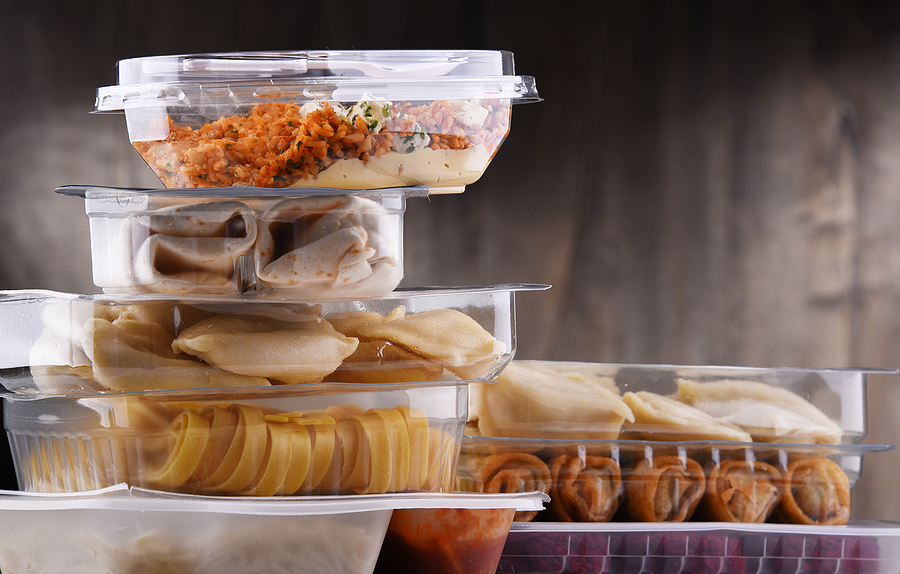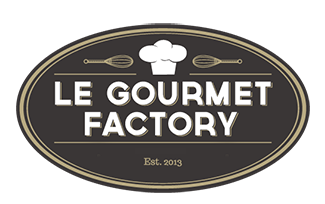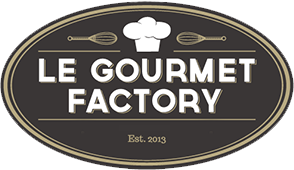The digital era has revolutionized how businesses operate, particularly in the food industry. With online marketplaces booming, there’s a golden opportunity for small and medium-sized food businesses to expand their reach. Amazon, being a global retail giant, offers an unparalleled platform for selling packaged food products. This guide will walk you through the essential steps and considerations for understanding how to sell packaged food successfully.
Understanding the Amazon Marketplace
Amazon has expanded from its origins as a bookstore to become a massive marketplace that provides a vast selection of products, including food. By listing your packaged food items on Amazon, you tap into a vast network of potential customers spanning the globe. Understanding Amazon’s ecosystem is crucial – it’s competitive but highly rewarding for those who navigate it well.
Setting Up Your Seller Account
To start selling, you’ll need to set up a seller account on Amazon. You can choose between an Individual account, which is suitable for smaller sellers with fewer products, and a Professional account for larger businesses. The registration process is straightforward but requires attention to detail to ensure all your business information is correctly entered.
How to Sell Packaged Food on Amazon
Before listing your products, ensure they meet Amazon’s packaging and labeling standards. This includes following food safety regulations and providing clear ingredient and allergen information. Quality is paramount; Amazon’s customers expect high standards, and meeting these will ensure positive reviews and repeat business.
Amazon’s Packaged Food Policies
When selling packaged food on Amazon, it’s crucial to understand and adhere to Amazon’s specific policies. The following policies are designed to ensure customer safety and satisfaction:
- Compliance with Food Safety Standards: All food products sold on Amazon must comply with federal, state, and local food safety regulations. This includes proper handling, storage, and shipping practices to ensure food safety.
- Labeling Requirements: Labels must comply with FDA guidelines, including clear ingredient lists, allergen declarations, and nutritional information. Labels should also be accurate and not misleading about the product’s benefits or characteristics.
- Shelf Life: Amazon requires sellers to provide products with a sufficient shelf life. This varies depending on the product but generally, items should have a minimum shelf life remaining upon arrival at the customer.
- Prohibited Items: Certain food items are prohibited from being sold on Amazon, such as alcohol, tobacco, and homemade foods that do not meet commercial food standards. It’s important to review the list of prohibited items regularly as it can change.
Listing Your Products Effectively
Your product listings are your storefront. High-quality images, detailed descriptions, and accurate category placements are vital. Your listings should clearly communicate what your product is, its benefits, and why customers should choose it over others. Remember, clarity and attractiveness are key.
Pricing and Inventory Management
Competitive pricing is essential in the Amazon marketplace. Research similar products to find a price point that is attractive to customers but still profitable for you. Effective inventory management is also crucial to avoid stockouts or overstocking, both of which can harm your business.
Marketing Your Products
Amazon provides several marketing tools to help sell packaged food online. Utilize Amazon Ads, deals, and promotions to increase visibility. Additionally, consider external marketing strategies like social media promotion to drive traffic to your Amazon listings. Encourage customer reviews and ratings, as these significantly influence purchasing decisions.

Fulfillment and Shipping
You have two primary options for fulfillment: Fulfillment by Amazon (FBA), where Amazon handles storage, packing, and shipping, or self-fulfillment, where you manage these aspects yourself. FBA can be more convenient and offers Prime eligibility, but it’s essential to weigh the costs and benefits to decide what’s best for your business.
Navigating Challenges and Maximizing Sales
Selling packaged food on Amazon comes with its challenges, such as intense competition and stringent policy adherence. Stay informed about Amazon’s policies and continuously optimize your listings based on customer feedback and sales data. Utilize Amazon’s analytics tools to track performance and make informed decisions to boost your sales.
Leveraging Amazon’s Analytics Tools
Amazon’s analytics tools are invaluable for sellers to understand their market, track performance, and make informed decisions. Key features include:
- Sales Dashboard: This provides a snapshot of your sales performance, including order volume, revenue, and historical trends. It’s essential for identifying best-selling items and periods of high demand.
- Customer Reviews and Feedback Analysis: Analyzing customer reviews and feedback can offer insights into product reception, quality issues, and areas for improvement.
- Traffic and Conversion Reports: These reports show how many customers are viewing your listings and how many are converting into sales. This information is vital for understanding the effectiveness of your listings and pricing strategy.
- Inventory Health Reports: This tool helps manage inventory levels efficiently, providing data on stock turnover rates, aging inventory, and restock recommendations.
- A/B Testing for Listings (Amazon Experiments): This feature allows you to test different versions of your product listings to see which performs better in terms of customer engagement and sales.
Utilizing these tools effectively can significantly enhance your ability to succeed on Amazon. They provide valuable data-driven insights that can guide your business strategies and help optimize your listings for maximum impact and sales.
Partner with Le Gourmet Factory for Amazon Success
We understand that learning how to sell packaged food on Amazon may seem overwhelming at first. Le Gourmet Factory offers commercial kitchen rentals that provide you with the space and equipment you need to succeed while minimizing your overhead expenses.

Le Gourmet Factory serves the NYC and NJ metropolitan areas. Conveniently located in Englewood NJ, our facility hosts six fully equipped commercial kitchens able to accommodate all your culinary needs – cooking, baking, and prep work. Each kitchen is Board of Health certified and kept clean and sanitary to the highest standards. All you need is a food safety manager’s certificate, to obey all health codes while using our facility, and to leave the kitchen as clean as you found it.
Want to learn more about Le Gourmet Factory? Check out our FAQs! If you’re ready to get started, tell us a little about your business and we’ll set up a discovery call to help you choose the perfect commercial kitchen rental or book a tour of our facility. Let us help you turn your culinary dreams into a thriving online business.

